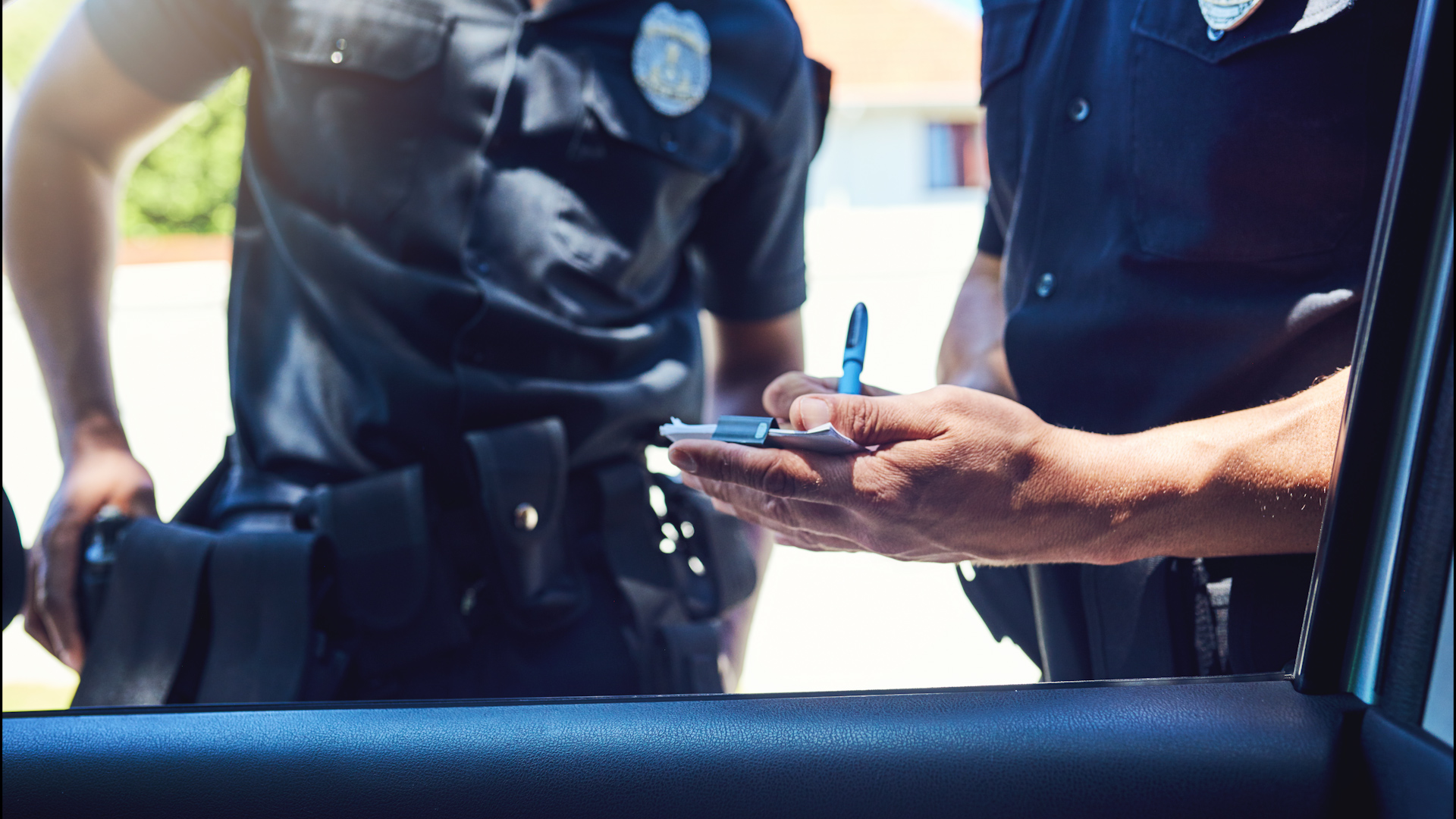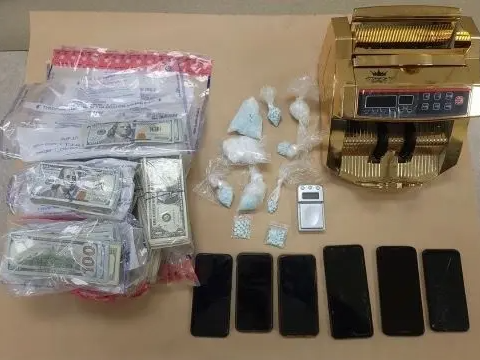
[LAUREN TAYLOR]
A FEDERAL COURT RULED THAT POLICE OFFICERS CAN COMPEL PAROLEES TO UNLOCK THEIR PHONES, EVEN BY PHYSICALLY REQUIRING THEM TO PRESS THEIR THUMBS AGAINST THE DEVICE IF NEEDED — LIKENING IT TO A FINGERPRINT TAKEN AT BOOKING.
IN A CONTROVERSIAL RULING LAST WEEK, THE NINTH CIRCUIT COURT OF APPEALS UPHELD THE CONVICTION OF JEREMY TRAVIS PAYNE FOLLOWING A 2021 TRAFFIC STOP THAT LED TO DRUG POSSESSION AND DISTRIBUTION CHARGES.
PAYNE WAS ON PAROLE AT THE TIME DUE TO A PREVIOUS CONVICTION FOR ASSAULTING A PEACE OFFICER.
DURING THE TRAFFIC STOP, OFFICERS UNLOCKED PAYNE’S CELL PHONE USING HIS THUMBPRINT WITHOUT A WARRANT — AN ACTION HIS PAROLE CONDITIONS ALLOWED. THE SEARCH REVEALED VIDEOS AND OTHER DATA LEADING TO FURTHER CHARGES.
OFFICERS DISCOVERED TWO NOTABLE VIDEOS ON PAYNE’S PHONE. THE FIRST — FILMED HOURS BEFORE THE TRAFFIC STOP — SHOWED A ROOM FILLED WITH CASH, SUSPECTED FENTANYL PILLS, AND A MONEY COUNTING MACHINE. THE SECOND VIDEO SHOWED A HOUSE AND A PARKED BMW.
AFTER FINDING A SUSPECTED HOME ADDRESS ON THE PHONE’S MAP, OFFICERS DROVE TO THE LOCATION AND USED PAYNE’S KEYS TO ENTER THE RESIDENCE WHERE THEY SEIZED OVER 800 PILLS.
PAYNE WAS INDICTED FOR POSSESSION WITH INTENT TO DISTRIBUTE FENTANYL AND COCAINE.
PAYNE’S ATTORNEYS ARGUED THAT FORCING HIM TO UNLOCK HIS PHONE CONSTITUTED “COMPELLED TESTIMONIAL COMMUNICATION” — VIOLATING THE FOURTH AMENDMENT’S PROTECTION AGAINST UNREASONABLE SEARCHES AND SEIZURES — AS WELL AS THE FIFTH AMENDMENT’S PROTECTION AGAINST SELF-INCRIMINATION.
ACCORDING TO PAYNE’S ATTORNEYS, FORCIBLY ACCESSING SOMEONE’S PHONE PROVIDES INSIGHT INTO THEIR ENTIRE LIFE. BRIEF ACCESS CAN UNCOVER SENSITIVE INFORMATION THAT USUALLY REQUIRES A WARRANT, LIKE CALL AND TEXT RECORDS OR TRAVEL HISTORY.
HOWEVER THE COURT RULED AGAINST PAYNE, NOTING THAT HIS PAROLE CONDITIONS ALLOWED FOR WARRANTLESS SEARCHES AND SIGNIFICANTLY REDUCED HIS EXPECTATIONS OF PRIVACY. PAYNE WAS SENTENCED TO 12 YEARS IN PRISON.








